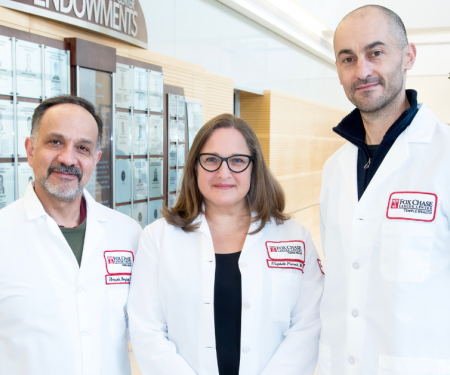Related Articles
00 / 00
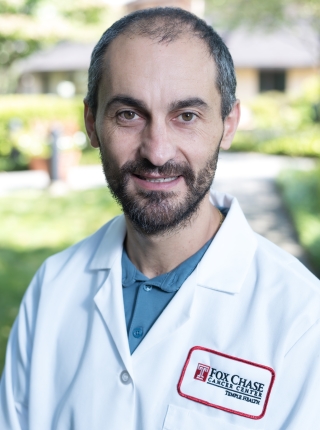
Associate Professor, Cancer Microenvironment and Signaling Program


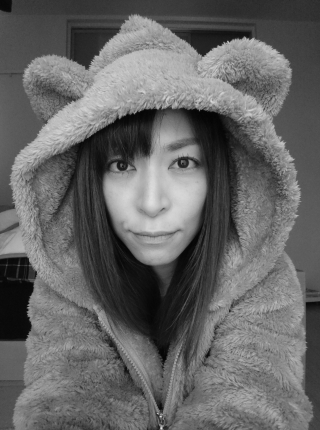
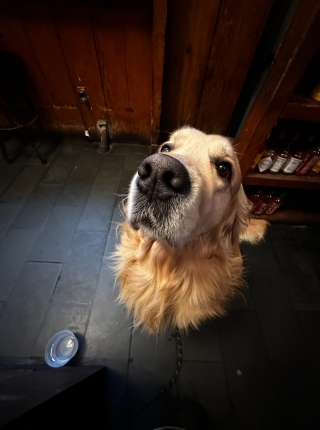





The current interest of our team is to elucidate the links between cellular pathways of response to stress – including (but not limited to) autophagy, cellular senescence and multiple variants of regulated cell death – and the preservation of organismal homeostasis, with a particular focus on anticancer immunity. More specifically, we are interested in dissecting the complexity of the tumor microenvironment with respect to the mechanisms through which malignant as well as non-malignant components of the tumor exposed to chemotherapy, radiation therapy and immunotherapy emit danger signals that are involved in the initiation and perpetuation of robust immune responses. The detailed characterization of these molecular and cellular circuitries may identify stress-responsive mechanisms of adaptation in malignant or non-malignant cells as novel targets for the pharmacological manipulation of anticancer immune responses. Ultimately, these findings may translate into novel clinical studies based on combinatorial therapeutic regimens aimed at maximizing immunostimulation within the tumor microenvironment.
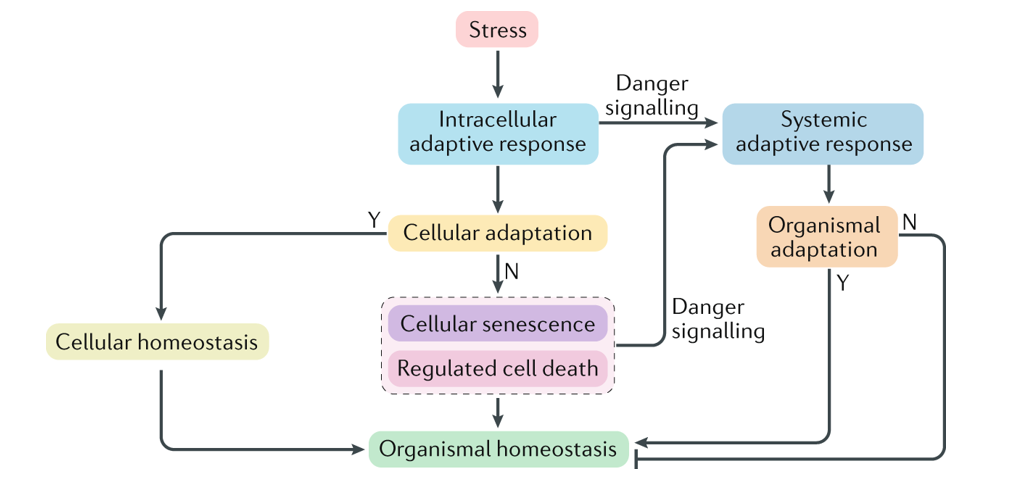
Ongoing projects
Ongoing and prospective collaborations

